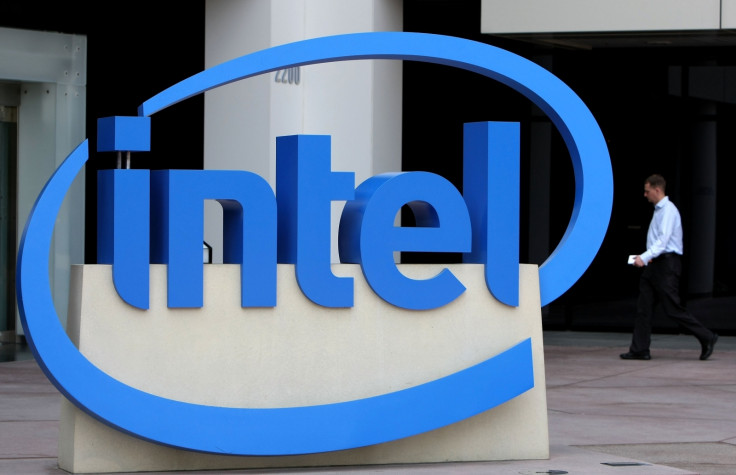Tesla replaces Nvidia with Intel chips to power its infotainment systems
This comes as the next big win for the world's largest chipmaker in the automobile industry.
Tesla's infotainment systems, including its large touchscreen that controls everything in-car, will soon be powered by Intel's chips. All cars from their Model 3 to other Teslas manufactured in the future are expected to shift from Nvidia to Intel.
The three companies– Intel, Nvidia, and Tesla– are yet to make any announcement regarding this news. It is also not clear why the carmaker decided to make the switch.
For Nvidia, the Tesla deal was more of a prestige issue than a numbers game as Teslas have been so expensive that they did not really sell huge volumes, reports Engadget. The introduction of the Model 3, however, could change this equation as the company is sitting on hundreds of thousands of pending orders and Intel seems to have jumped in at the right time when selling large volumes really counts.
This move is a significant step for Intel in the automotive sector. Recent wins for the chipmaker include deals with Waymo for a collaboration that is set towards building level 4 autonomous car systems. Earlier this year, Intel also acquired Mobileye an autonomous car tech company from Israel.
Nvidia is still working with major carmakers such Audi, Volvo, and Toyota. So, this loss from Tesla should not hurt them too much, notes the report.
Bloomberg reports that Nvidia's stocks have gone up six-fold in the last two years mainly because of deals with car makers. Cars with infotainment systems that integrate smartphones, satellite navigation and other functions directly into their dashboards and chipmakers are becoming increasingly important in the automotive industry.
The Model 3 is dependent on a large touchscreen for all of its controls from lights to air-conditioning. The car is also keyless and connects to a smartphone app with NFC and Bluetooth for entry and driving. Engadget says that Tesla could take this as an opportunity to make upgrades to their systems.
Apart from better in-car controls and infotainment, Tesla's end game seems to be focussed on automation and Intel has also been at work, creating processors that can learn like a human brain in the pursuit of smarter AI.

© Copyright IBTimes 2025. All rights reserved.





















